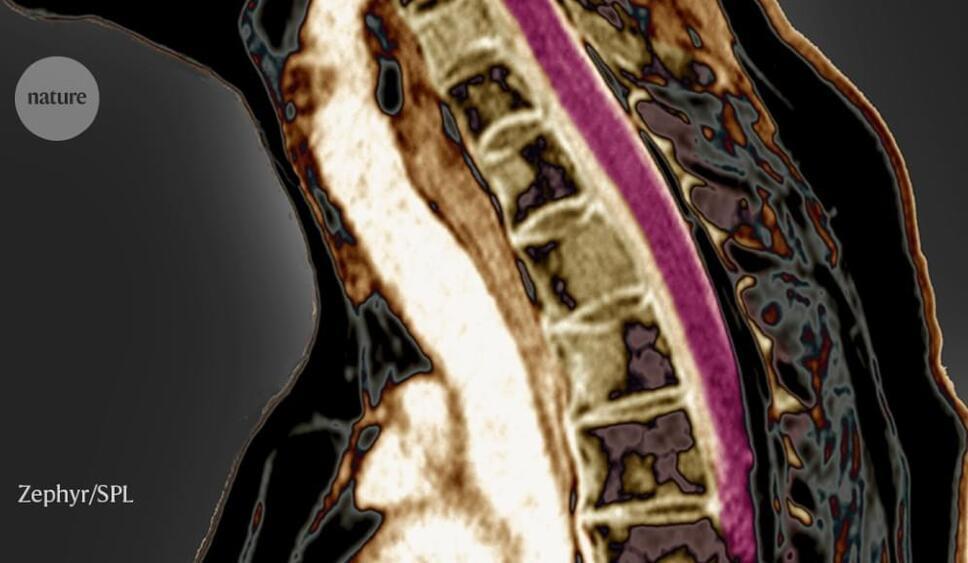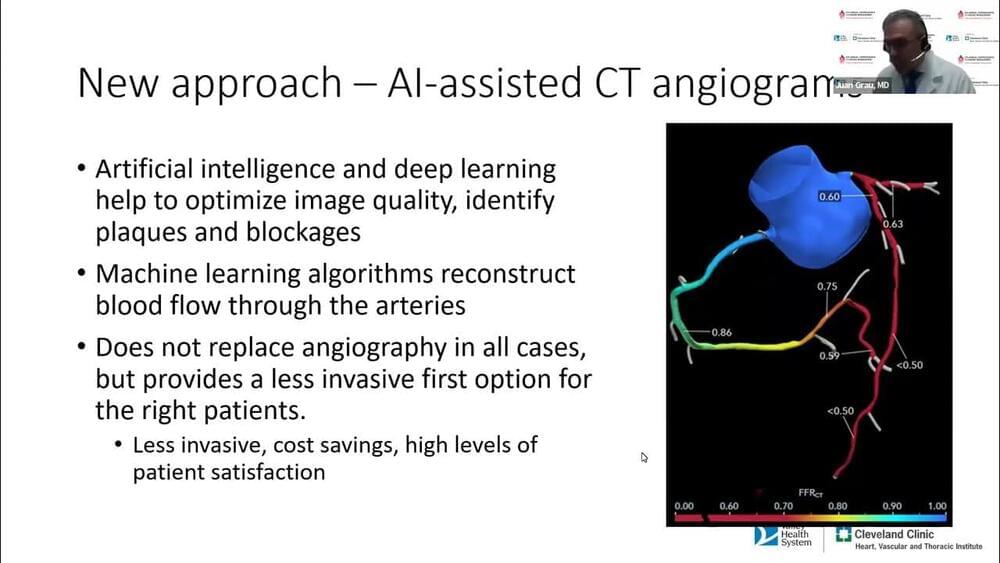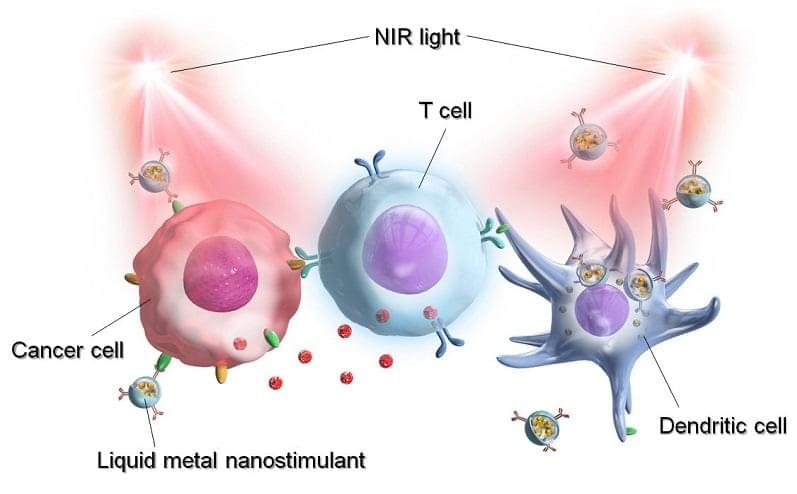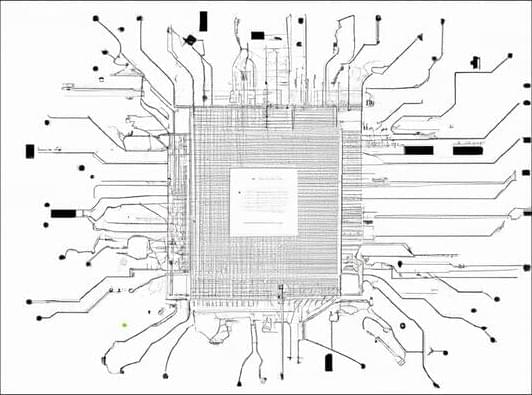Sep 19, 2023
Underwater robots have been secured for the US’s first floating offshore wind farm
Posted by Genevieve Klien in category: robotics/AI
Autonomous underwater robots have been contracted to survey the site of the US’s first floating offshore wind farm.
In December, Norwegian energy giant Equinor won a 2-gigawatt (GW) lease in Morro Bay, California, in the first-ever offshore wind lease sale on the US West Coast. It was also the first US sale to support commercial-scale floating offshore wind development.
The Morro Bay project has the potential to generate enough energy to power around 750,000 US households.
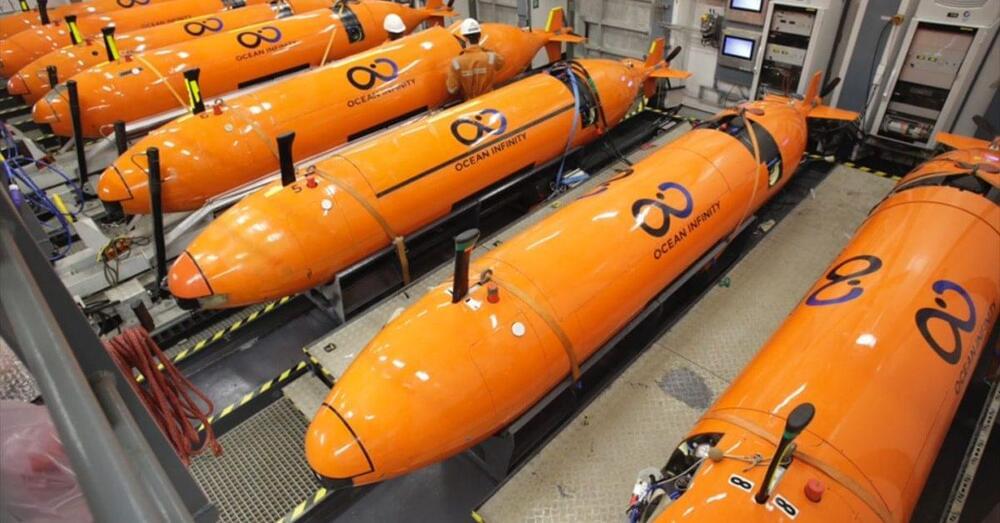
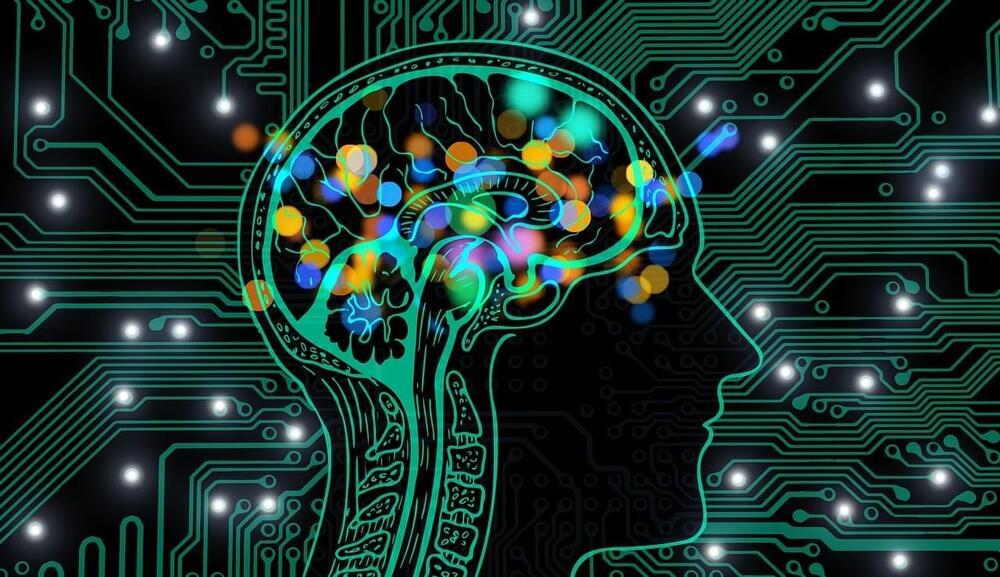
 עברית (Hebrew)
עברית (Hebrew)